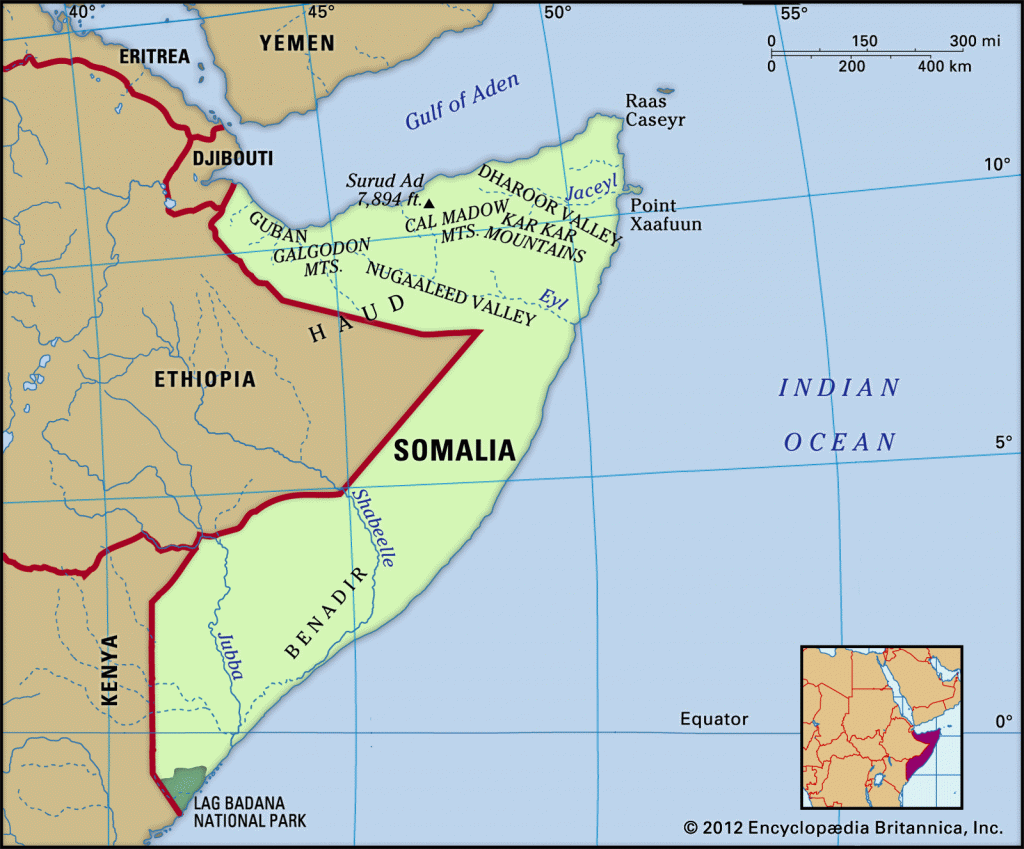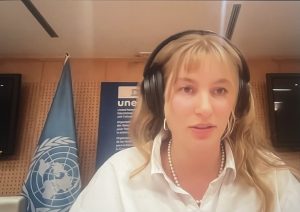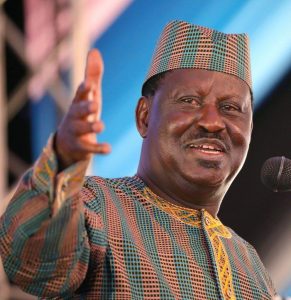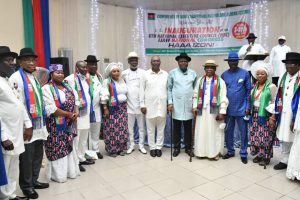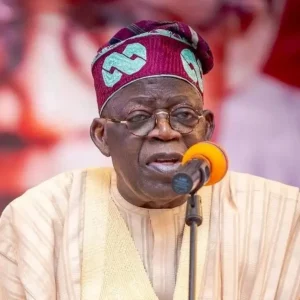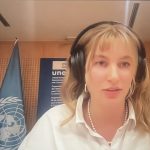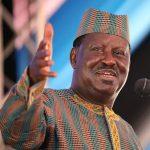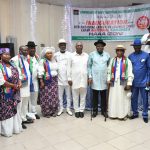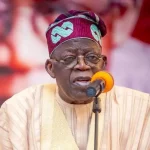by: Fathia Eldakhakhny
Can Somalia put an end to a long political crisis, wrap up its parliamentary elections by February 25, as promised by Somali leaders? Will the ego-driven squabble between Prime Minister Mohamed Hussein Roble, and Somalia’s President Mohamed Abdullahi Mohamed, known by his nickname, Farmajo, push the fragile horn of Africa nation into instability and civil war? There is uncertainty in the air and many observers fear that the loggerheads over the delayed elections, could drive the country into violence.
Lately, Somali leaders struck a deal to wrap up the delayed parliamentary elections by February 25, after several days of talks and negotiations to defuse bitter political crises. That deal came amid anxiety and anticipation by the international community that expressed alarm over the crisis, considering the tensions that threaten Somalia’s return to internal conflict and civil war. There is also a concern that the differences between the country’s two major politicians – Farmajo and Roble, could create a vacuum for Al-Shabaab Islamist militants to usher in a state of political chaos and subsequently impose its control over the country.
Indeed, Somalia now stands at a crossroads between completing the political process and holding faltering elections, or resorting to the street and arms again, amid fears of slipping into “civil war” after two decades of attempts to restore stability.
The long-running dispute between the Farmajo and Roble, erupted again by the end of December 2021 when Farmajo suspended Roble, his Prime Minister, “because of his involvement in corruption cases,” according to a statement by the Somali Presidency. But Roble defied the order, described the president’s decision as an “indirect coup attempt”, accusing the president of “sabotaging the electoral process”, while troops loyal to him patrolled the streets of the capital amid calls from the international community to “give priority to the country’s interest, calm the escalating political tensions that would undermine peace and stability, complete the political process and complete the elections that have been postponed since February 2021.
In early January, Roble convened a national consultative meeting with the representatives from the federal government and its member states, to bridge electoral differences, accelerating the electoral process, with revised electoral timetable to be completed between 15 January and 25 February. Already, Washington has confirmed its support for “taking measures against those who try to obstruct the peace process in Somalia”, calling “the armed forces to remain neutral and to avoid getting involved in political events,” according to a tweet from the Office of African Affairs of the US State Department.
The renewed political instability in Somalia started at the end of Farmajo’s mandate on February 8, 2021, as he worked to obtain the support of the People’s Assembly to extend his term for another two years, which angered the opposition forces and led to clashes in the streets that forced the Somali President to retreat. Dr. Nermin Tawfiq, researcher in African Affairs and General Coordinator at the “Pharos Center for Consultation and Strategic Studies” says that “Farmajo bears the blame alone for what the country suffered, because he did not hold the elections on time, and did not lead the political process in the right way”.
In February 2017, the international community was optimistic after Farmajo took office, hoping that he can lead Somalia to direct multi-party elections by the end of his term, under the 2016 constitution, and put an end to decades of instability in a country that has not held a one-man one-vote election in 50 years. But in 2018, the Independent National Elections Committee announced that it would be difficult to hold elections on time in 2020, suggested “the possibility of delaying it 13 months”, which was rejected by the opposition at the time. But Farmajo’s attempts to delay the election did not stop there, as he tried to extend his four-year mandate expired in February 2021, for another 2 years by parliament decision in April, triggering deadly gun battles on the streets of Mogadishu, which force Farmajo to retract again under pressure from the opposition.
After discussions and negotiations, the Somali political forces agreed on September 17 to hold the elections in the way they were conducted in 2016. Which mean that the head of state will be elected by the People’s Assembly, instead of direct popular elections. Indeed, the electoral process began, and 54-member Senate was elected, while the 275 member People’s Assembly was hampered, amid accusations of “violating the election rules and preventing candidates from running in the electoral race”, which lead to a political instability especially after escalating Farmajo, and Roble’ bitter rivalry again.
Mohamed Abdullah Gosar, a researcher, specialized in Horn of Africa Affairs, and a candidate for the People’s Assembly in the Somali parliament, wrote in an article published by the “Somalia Center for Research and Policy Studies” website “Farmajo planned to remain in power as long as possible and at any cost, using media propaganda and misinformation, subjugate the People’s Assembly, freezing the Senate, and excluding state governors.” But the strong opposition forced Farmago to delegate election authorities to Roble, who has been chosen to be the Prime Minister by Farmago, in September 2020. However, it seems that this mandate was not real, as soon as the political dispute erupted between Roble and Farmajo, amid the latter’s attempts to control the electoral process.
Ahmed Askar, a researcher at Al-Ahram Center for Political and Strategic Studies, fears that “the current Political and constitutional crisis, could lead to a division in the military institution, which may drive the country into a civil war “.
The fragile horn of Africa has not fully recovered from the effects of a decade of internal conflict in the 1990s, which emerged in 2000 with an agreement on a transitional formula for governance based on clan quotas for a period of three years. But two decades later, this agreement is still in its early stages. “The closest scenario is the return to what it was in the 1990s, the outbreak of civil war again”, said Nermin Tawfiq.
Major General Abdul Wahed agrees with Tawfiq, saying: “the civil war scenario is possible, in term of the weakness of the central Somali government and its inability to control all parts of the country… which has not happened throughout its history, as it controls the capital, Mogadishu, and some areas in the east, while Al-Shabaab terrorist organization dominating other areas such as Somaliland and central Somalia.
Accordingly, observers believe that “Farmajo regime is trying to put the country in front of two options: either accepting him in power, with or without elections, or returning the country to the state of internal fighting”. While Gosar says, “The political conflict continues in Somalia between an authority that has exhausted its constitutional mandate, and an opposition that sees the provocations of the authority as a violation of its dignity and constitutional rights, believed that carrying weapons in the face of this authority are the only option after exhausting the rest of the peaceful options available.”
On the other hand, the collapse of the situation in Somalia will have an impact outside its borders, according to the researcher Ahmed Askar who warned from turning Somalia into “a battleground in which all political forces and movements of various affiliations and interests are involved, including some regional and international parties that seek to protect its allies and strategic interests in Somalia and the region”.
The political landscape in Somalia is dominated by the discussion surrounding elections and tensions between Farmajo and Roble. The international community is observing the situation in Somalia while organizers of Somalia’s much-delayed elections say the polls have picked up the “right pace”, amid renewed concerns that the government might lose its focus on the fight against Al-Shabaab which could drive Somalia and nearby countries into an uncertain future.
Fathia Eldakhakhny is an Egyptian columnist and journalist, and lecturer at Alexandria University, with interests in cultural heritage, human and women’s rights, environment.

